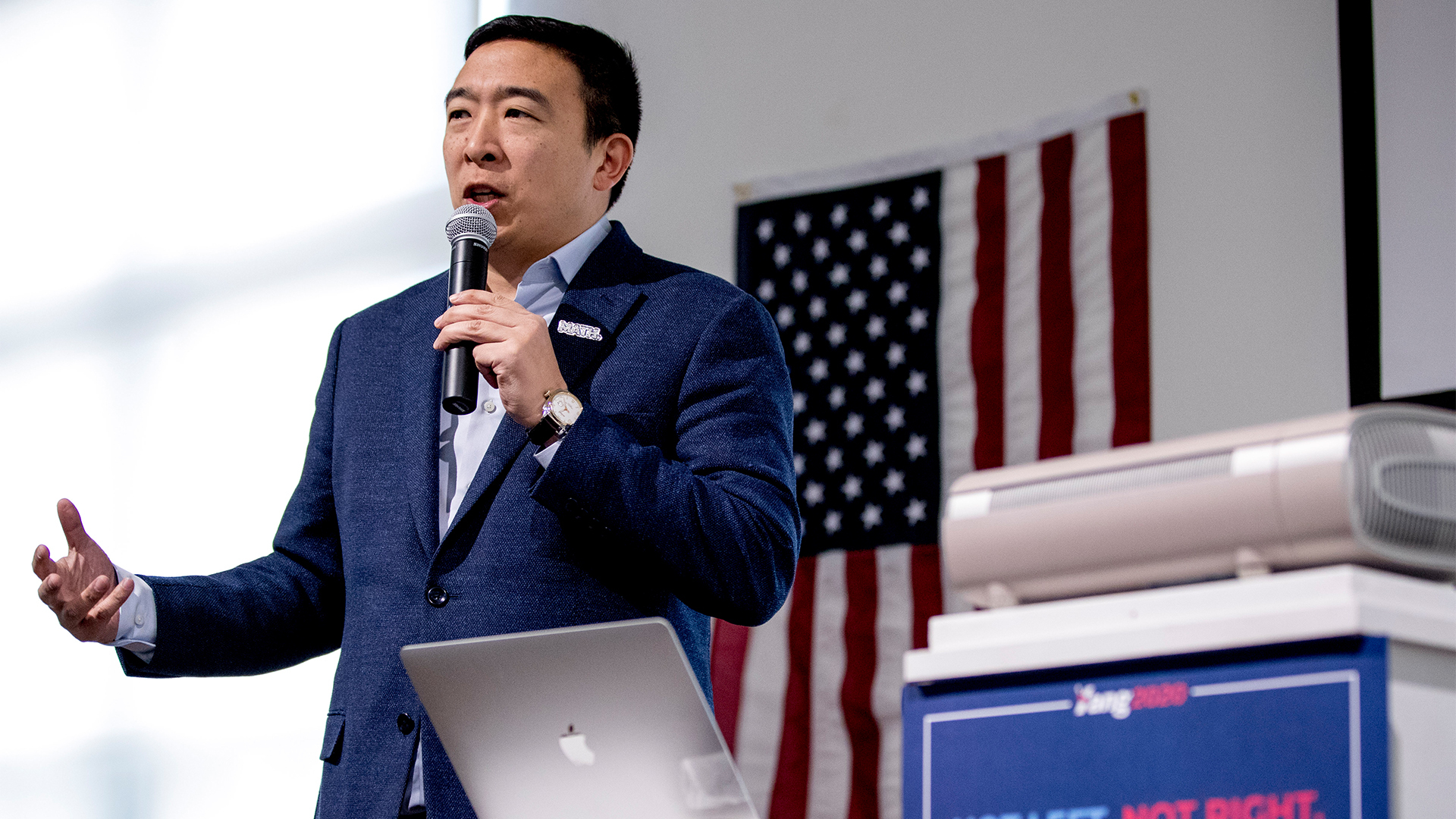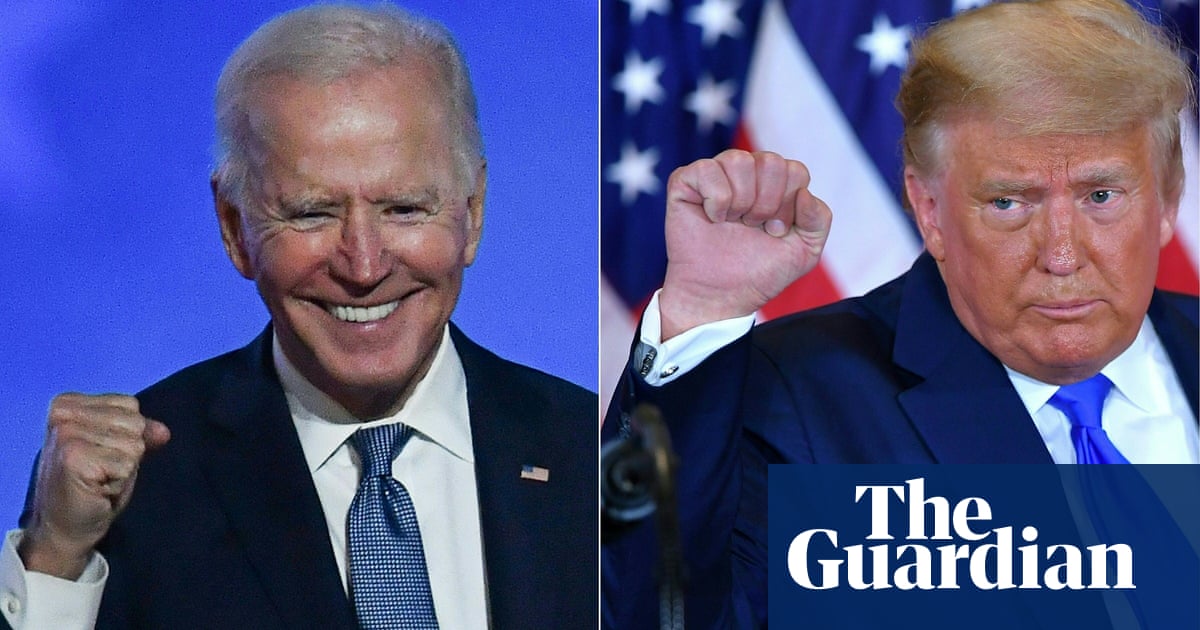This article about his upcoming biography is actually a pretty good read: https://www.theatlantic.com/magazin...omney-retiring-senate-trump-mcconnell/675306/
“A very large portion of my party,” he told me one day, “really doesn’t believe in the Constitution.” He’d realized this only recently, he said. We were a few months removed from an attempted coup instigated by Republican leaders, and he was wrestling with some difficult questions. Was the authoritarian element of the GOP a product of President Trump, or had it always been there, just waiting to be activated by a sufficiently shameless demagogue? And what role had the members of the mainstream establishment—people like him, the reasonable Republicans—played in allowing the rot on the right to fester?
I had never encountered a politician so openly reckoning with what his pursuit of power had cost, much less one doing so while still in office. Candid introspection and crises of conscience are much less expensive in retirement. But Romney was thinking beyond his own political future.
Earlier this year, he confided to me that he would not seek reelection to the Senate in 2024. He planned to make this announcement in the fall. The decision was part political, part actuarial. The men in his family had a history of sudden heart failure, and none had lived longer than his father, who died at 88. “Do I want to spend eight of the 12 years I have left sitting here and not getting anything done?” he mused. But there was something else. His time in the Senate had left Romney worried—not just about the decomposition of his own political party, but about the fate of the American project itself.
Well **** him, shouldn't he be spearheading the fight for his party? The central theme of conservatism is denying 'other' people (poorer people, minorities ect) agency and an opportunity to improve their lives. It seeks to conserve the status quo and where possible roll back any advances made by the 'others'. they're a pack of miserable *****.




